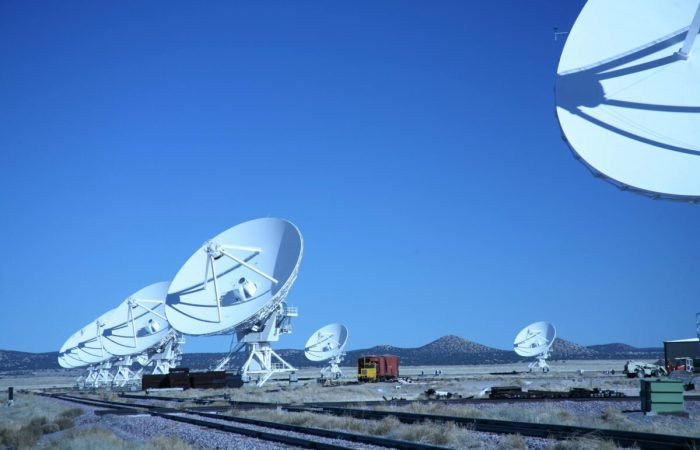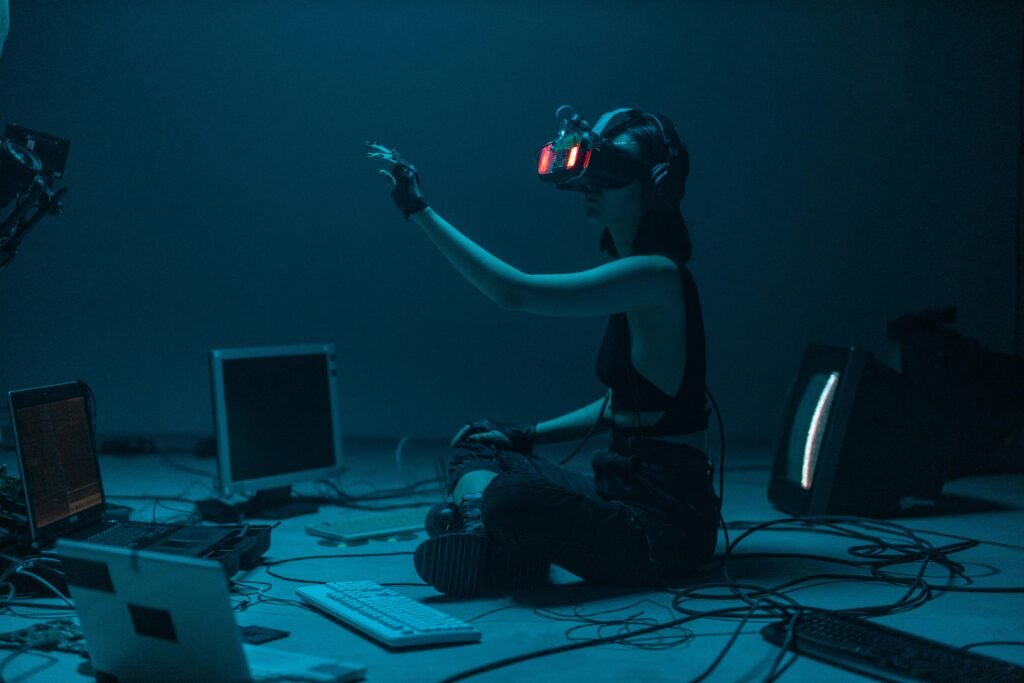
Tech Innovations That Will Shape the Next Decade
We’re living in a time where technology evolves faster than ever before. What once seemed like science fiction is now becoming a part of our everyday lives. From artificial intelligence helping doctors diagnose illnesses to self-driving cars making test runs in major cities, the future is closer than we think.
The next ten years will be a defining period. The way we work, travel, communicate, and take care of our health is set to change dramatically. Let’s take a closer look at 10 technology trends that are expected to play a massive role in shaping our world over the next decade — with real-life examples you might already see around you.
1. Artificial Intelligence (AI) Will Become More Personal
AI is already helping us every day — think of voice assistants like Siri or Google Assistant, or how Netflix recommends shows. But we’re just scratching the surface. In the future, AI will go beyond convenience and become more personal and useful.
For example, AI-powered tools will help students learn better by adjusting lessons to their pace. In healthcare, AI is already analyzing X-rays to detect cancer earlier. I recently saw how an Ethiopian hospital used an AI tool to flag high-risk patients in rural areas — reducing delays in care. That’s real impact.
2. 5G and the Arrival of 6G
5G networks are rolling out in cities across the globe. If you’ve noticed faster download speeds or smoother video calls lately, that’s thanks to 5G. But the next step — 6G — is already being tested.
By 2030, experts predict that 6G will allow for fully immersive virtual meetings, real-time language translation, and ultra-precise remote surgeries. Imagine attending a classroom in New York from Addis Ababa with no lag — it’s not far off.
3. Quantum Computing Will Change What’s Possible
Quantum computing is a tough concept to understand, but think of it like this: while your laptop solves problems one step at a time, quantum computers can solve many possibilities at once. They’re being developed by companies like Google and IBM.
These machines could help scientists create new medicines faster or model the climate more accurately. While we might not see a quantum laptop anytime soon, businesses and researchers will benefit in the background — and that will touch all of our lives eventually.
4. AR and VR Will Enter the Workplace
Augmented Reality (AR) and Virtual Reality (VR) are no longer just for gaming. In the coming years, expect them to be part of how we work and learn.
For instance, medical students already use VR headsets to practice surgeries. I recently heard about a school using AR to teach history — students could walk through virtual ancient cities using tablets. These experiences are powerful and memorable, and that’s where education is heading.
5. Smart Wearables Will Be Like Personal Health Coaches
Today’s smartwatches count steps or monitor heart rates. But soon, wearable devices will offer much more: tracking blood pressure, stress, oxygen levels, and even early signs of illness.
Some people already use smart rings that buzz when stress is rising or remind them to breathe deeply. For elderly people living alone, wearables can alert emergency services if something seems wrong. That’s a game-changer for public health and peace of mind.
6. Biotech Will Bring Breakthroughs in Medicine and Food
Biotechnology is growing fast. You’ve probably heard of CRISPR — a tool for editing DNA. In the next decade, we might see genetic diseases like sickle cell treated permanently with these tools.
We’ll also see more lab-grown meat as an alternative to traditional farming. It may sound strange, but it’s already being served in some U.S. restaurants. It’s not just about ethics — it uses less water and land, making it better for the planet.
7. Clean Energy Will Become the Standard
Renewable energy sources like solar, wind, and green hydrogen are becoming cheaper and more efficient.
I recently helped a friend install a small solar panel kit for their home — just enough to power lights and charge devices. Even that small setup is a huge saving over time.
Governments are investing heavily in these technologies to fight climate change. Expect to see more electric vehicles (EVs), battery storage solutions, and even solar-powered appliances become common.
8. Blockchain Will Change Trust on the Internet
Blockchain is not just about cryptocurrencies. It’s a powerful way to store data securely and transparently. For example, farmers in Africa are now using blockchain to track crop quality and ensure fair trade pricing.
In the future, it could be used to secure elections, protect medical records, and even manage digital identities — making fraud much harder and giving people more control over their information.
9. Autonomous Vehicles and Delivery Robots
Self-driving cars are no longer a fantasy. Companies like Tesla, Waymo, and even delivery services are testing these vehicles in real cities. I’ve seen delivery bots rolling around campus at some universities, dropping off snacks without human drivers.
Over the next decade, public transport, delivery systems, and even personal travel could look very different — safer, faster, and more efficient.
10. The Internet of Things (IoT) Will Connect Everything
Imagine your fridge telling you when milk is low or your alarm clock syncing with your coffee machine. That’s the Internet of Things (IoT) — everyday items connected online to work smarter together.
IoT is already in smart homes, but soon it will expand into farms, factories, and even entire cities. This tech will help manage energy, track pollution, and improve everything from traffic lights to water use.
Final Thoughts
The next decade will be defined by how we adopt and adapt to these innovations. While the pace of change might feel overwhelming, many of these technologies aim to solve real problems — improving health, reducing waste, and making life a little easier.
As these tools become more accessible, they’ll reshape not just the tech industry, but education, healthcare, transportation, and even how we eat. Staying informed and open to these changes means you won’t just keep up — you’ll thrive.



